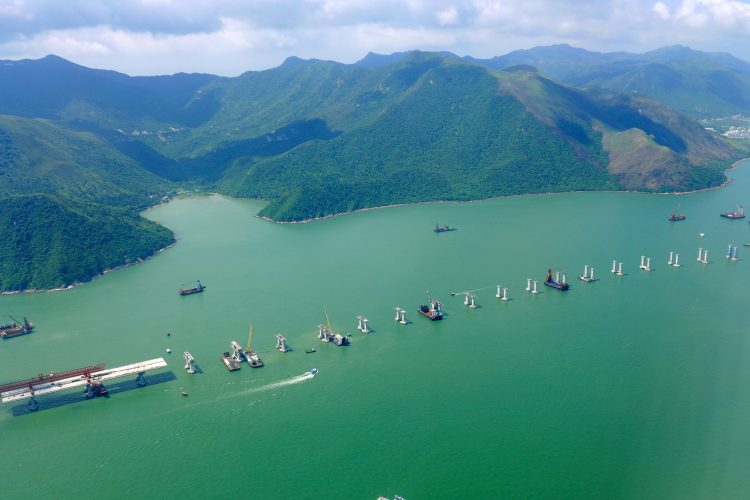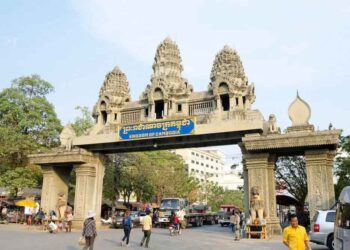Hong Kong’s Independent Commission Against Corruption (ICAC) has moved quickly to distance itself and the Hong Kong government from a corruption scandal involving construction of the Hong Kong-Zhuhai-Macau bridge after it was revealed that 21 employees of a government contractor had been arrested for faking concrete test reports.
As reported by the South China Morning Post, the revelations cast serious doubts over the bridge’s safety, with the potential for a lengthy delay in its opening should new tests being conducted show concrete quality in the bridge’s support structures to be below standard.
“If the concrete is far below standard and is used in one-third or two-thirds of the supporting pillars or bridge columns, of course it would pose safety risk and the government needs to take extra time to replace them,” said former president of the Institution of Engineers, Greg Wong Chak-yan.
“That would be the worst thing that could happen. Otherwise simple measures could be taken in remediation.”
The ICAC was quick to get on the front foot on Wednesday, releasing a statement in which it said, “There is no information or evidence to suggest that any public officers, contractors or material suppliers (or their personnel), other than the CEDD contractor and its staff members, were involved in the above malpractice.”
The ICAC began investigations into the Civil Engineering and Development Department’s contractor, Jacobs Engineering Group, last week, arresting two senior executives, two senior site laboratory technicians, 12 site laboratory technicians and five laboratory assistants.
“It was revealed that when some of the tests were not conducted within the set time frame in compliance with the contract requirements, the site laboratory technicians and laboratory assistants might have adjusted the times on the testing machines to cover up the irregularities,” the ICAC said this week.
The South China Morning Post cited a retired senior civil engineering official as saying, “If the [test faking] problem was repeated frequently, it might reflect monitoring issues … or if part of the bridge has to be strengthened or rebuilt, the credibility of the company could be in question.”




































